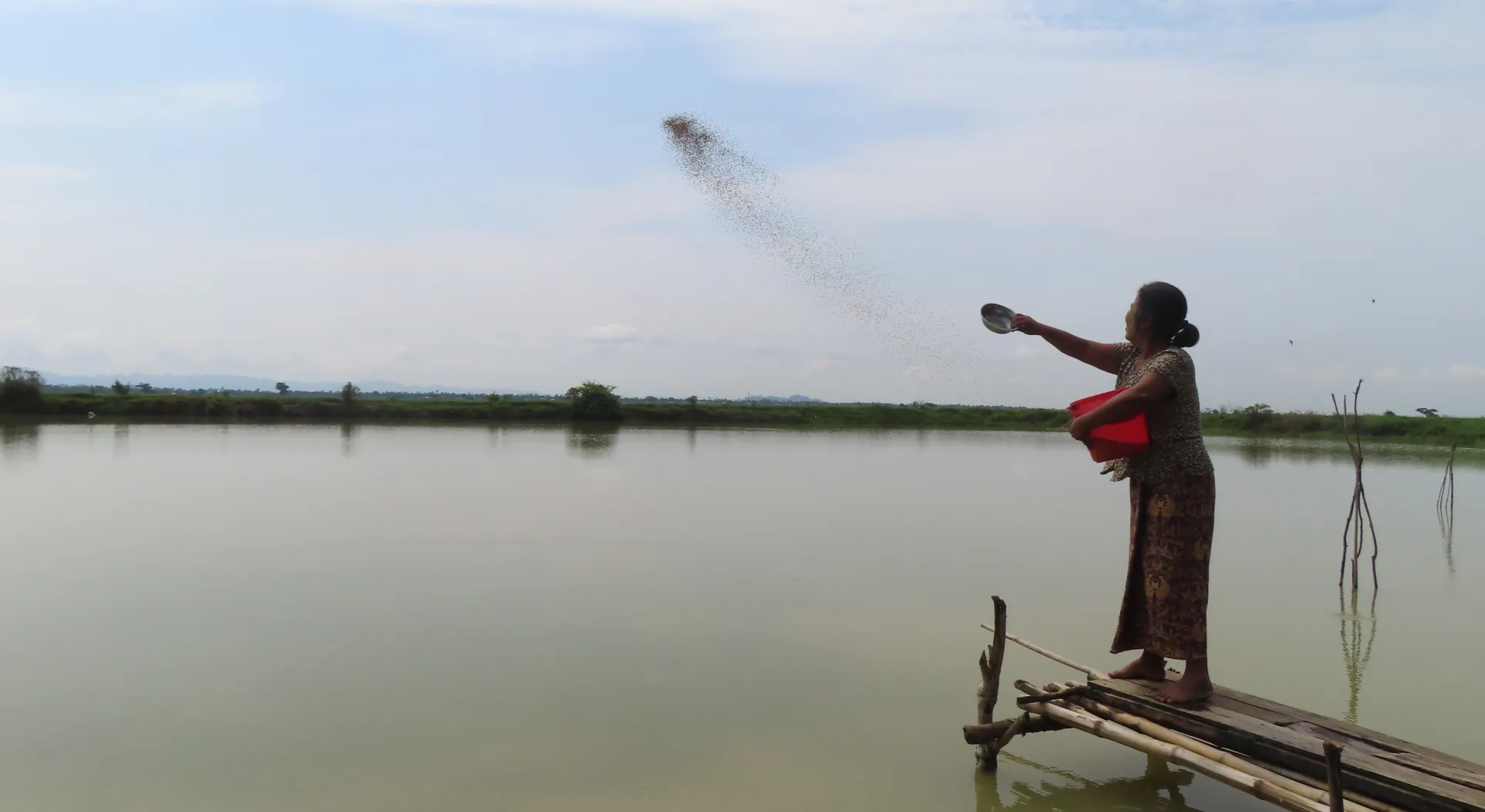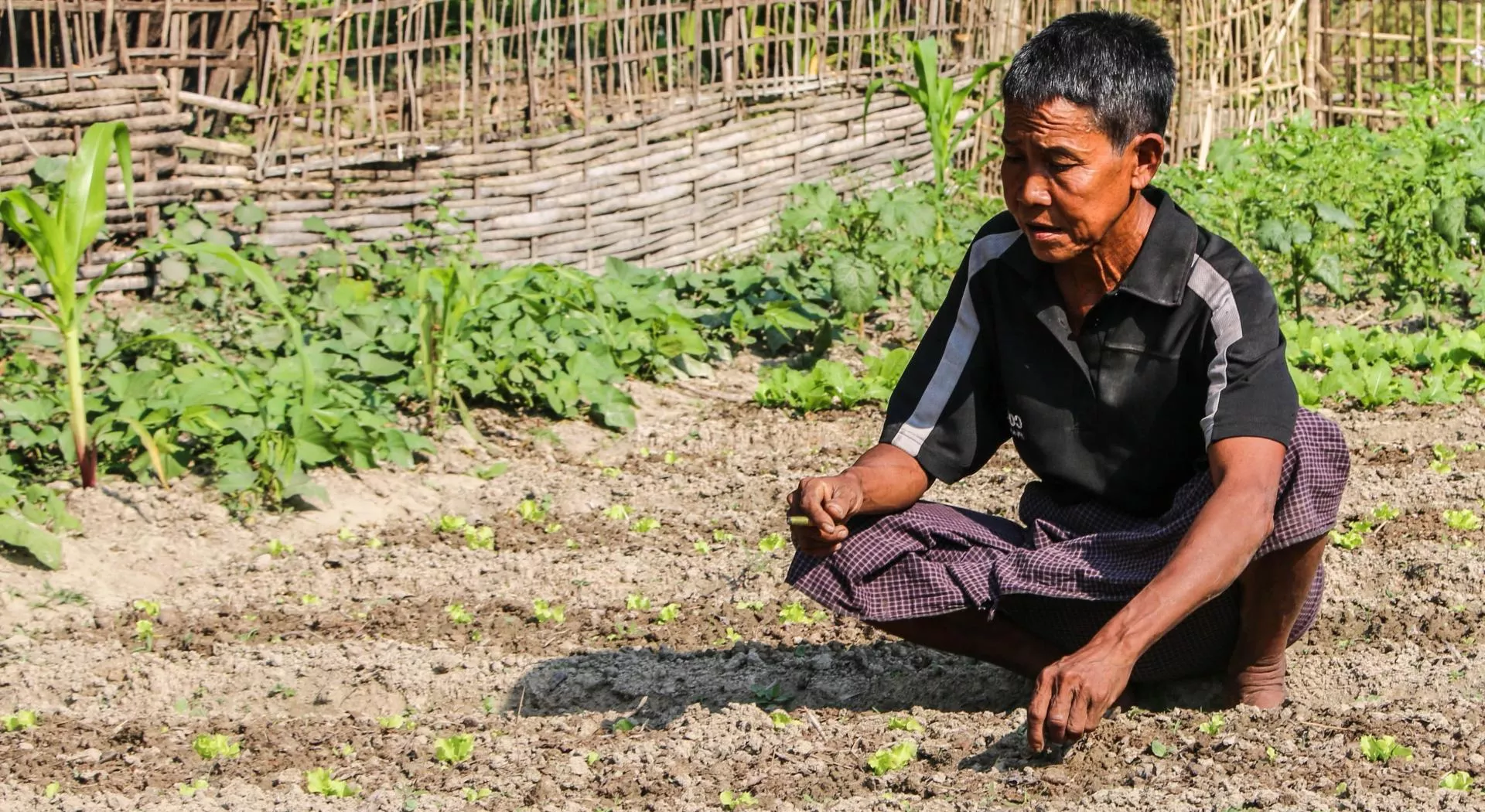Myanmar is one of the poorest countries in Southeast Asia and is often hit by natural disasters such as floods and cyclones. On 28 March 2025, a powerful earthquake with a magnitude of 7.7 struck near the city of Mandalay. The disaster caused over 5,400 deaths, thousands of injuries, and destroyed many homes and public buildings.
This earthquake came on top of an already serious crisis, with ongoing conflict and mass displacement affecting millions. The combination of violence, displacement, and extreme weather conditions leaves people with barely enough to survive.


